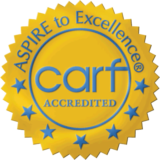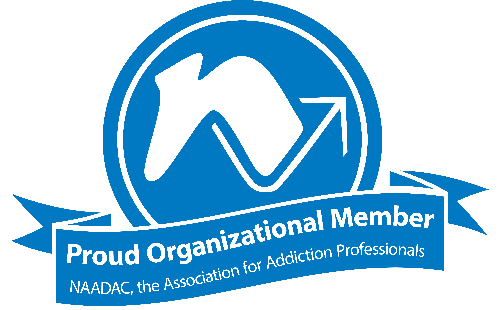Understanding the Difference Between Inpatient and Outpatient Treatment
When seeking support for addiction recovery or mental health, one of the first choices you’ll face is whether to begin an inpatient or outpatient treatment program. But how do you know which one is right for you? In this guide, we’ll help you with understanding the difference between inpatient and outpatient treatment, describe how each program works, and highlight the situations where each could be beneficial.
Inpatient Treatment: Structured, Immersive Care
Inpatient treatment involves staying at a residential facility where you receive 24/7 care and support. This environment removes outside stressors and triggers, allowing you to focus entirely on your recovery. The highly structured daily routine includes intensive therapy sessions, group activities, and skill-building workshops. You will also have constant access to medical professionals and counselors who can help if you are dealing with severe addiction, health complications, or a history of relapses.
Outpatient Treatment: Flexible Support
Outpatient treatment offers a way to get help without having to leave home or put life on hold. These programs allow you to continue your job, stay with family, or engage in school activities while attending therapy sessions scheduled around your routines and needs. Sessions may include mental health counseling, 12-step facilitation programs, and family therapy. Many outpatient programs also offer telehealth options, making recovery accessible for individuals with busy lifestyles or a lack of reliable transportation.
Which Treatment Option Is Right for Me?
To choose the right type of care, you must begin by understanding the difference between inpatient and outpatient treatment. Deciding which one will work best depends on several important factors, including:
- The severity of your addiction
- Your living situation and support system
- Past recovery experiences
- The need to balance treatment with daily responsibilities
Inpatient treatment provides a highly structured setting away from daily triggers, which can be impactful if home life is unstable or previous attempts at recovery haven’t worked. Outpatient care, on the other hand, allows you to remain at home and continue with work, school, or family obligations, making it a better fit for individuals with strong support systems. Ultimately, the right choice is dependent on your lifestyle, budget, and what will best support your long-term recovery. If you are unsure which option is right for you, speaking with a treatment specialist can help you find the most effective path forward.
Outpatient Treatment Programs | Flexible Addiction Recovery Services
MERIT’s outpatient addiction treatment programs make it possible to get the support you need without disrupting your daily life. With seven convenient locations across Central Washington, you can continue with work, family, and other commitments while receiving evidence-based care that supports your mental health and sobriety goals.
Explore the components of our outpatient program:
- Substance abuse intake and assessment: Personalized evaluations to match you with the right care.
- Intensive Outpatient Program (IOP): Structured, frequent treatment to help you recover from drug or alcohol addiction.
- Standard outpatient therapy: Ongoing, less intensive support as you progress through recovery.
- Mental health therapy: Support for depression, anxiety, trauma, and other mental health concerns that contribute to your substance use.
- Group therapy: Peer support and skill-building through 12-step facilitation programs and group counseling sessions.
- Telehealth sessions: Access therapy and support remotely, making it easier to fit treatment into your schedule.
Need help understanding the difference between inpatient and outpatient treatment? Contact MERIT at 877-789-3344 to learn more. MERIT offers evidence-based addiction recovery services in English and Spanish in Ellensburg, Kennewick, Pasco, Sunnyside, Toppenish, Wapato, and Yakima.

